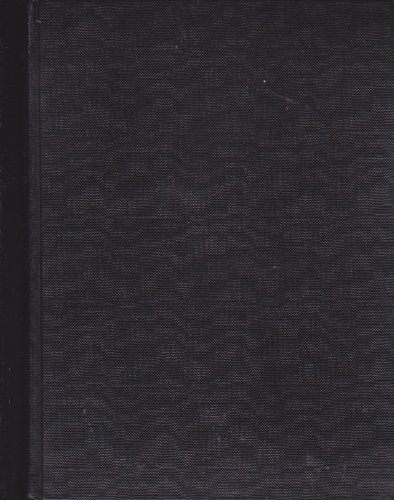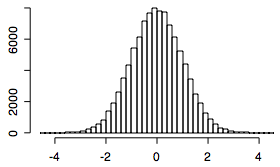

Generating true randomness is one of computer science's most difficult challenges. For cryptography, game-playing, sociological surveys and various scientific calculations, people often need series of numbers that are devoid of pattern. Perverse as all this may sound, the connoisseurs of chaos are offering a valuable commodity. Another operation, Lavarand (on the Web at ), produces random numbers by training digital cameras on burbling lava lamps. generates unpredictable sequences of data using a radio tuned between stations, harvesting the atmospheric noise.

Or you may turn to one of Hotbits's rivals. Just fill out an electronic form, saying how many bits you want and they will be dispatched immediately over the Internet. This decay is random, as guaranteed by laws of quantum mechanics, so by training a Geiger counter on a sample of krypton 85 and feeding the signal to a computer, Hotbits (/hotbits) generates a constant stream of random digits.

It is the sound of neutrons in a radioactive substance spewing out electrons and gamma rays as they decay. Pay a visit to the home page of this purveyor of unpredictability, called Hotbits, and you will hear what sounds like the erratic clicking of a Geiger counter. In an age when most people seem obsessed with bringing order to their lives-with Day-Timers, Palm Pilots, and even professional anticlutter specialists to wrestle their closets and junk drawers into line-a Web site in Switzerland has been offering a very different service: providing the world with randomness. Random Numbers Connoisseurs of Chaos Offer a Valuable Product: Randomness By GEORGE JOHNSON New York Times, June 12, 2001


 0 kommentar(er)
0 kommentar(er)
